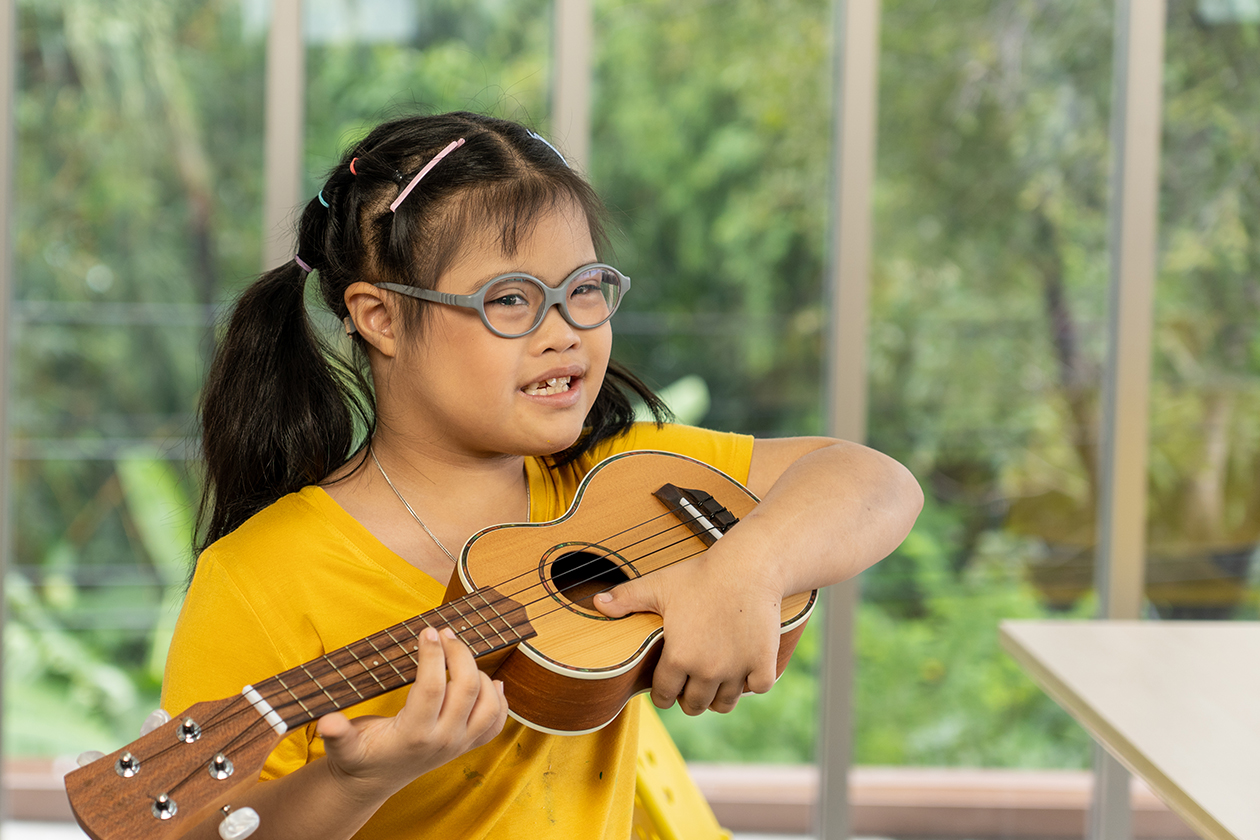Research
Our partnerships with the Autism Research Centre at the University of Cambridge and other leading researchers ensures that our work is underpinned by world-class research.Content warning: This page discusses suicide prevention
The Autism Centre of Excellence at Cambridge (ACE) works in partnership with Cambridge University’s prestigious Autism Research Centre (ARC) and its collaborators at leading universities and research institutions worldwide.
We are committed to funding research projects that will translate into evidence based services and transformational support, via large-scale delivery partners, to improve the lives of autistic people and their families.
Building on a history of research excellence
The Autism Research Centre has over 25 years of autism research experience, often supported by our predecessor, the Autism Research Trust. It has conducted world-class research in many areas, including vulnerability, interventions, screening and diagnosis, perception and cognition, neuroscience, genetics and hormones.

Research that autistic people find valuable
We consult autistic people about each of our research projects to ensure our work is relevant to their priorities. This is likely to cover a range of disciplines, including psychology, education, clinical services, mental health, vulnerability, policy, genetics, neuroscience, molecular biology, and endocrinology (the study of hormones).
If you are interested in how we listen to autistic people and their families, visit our Advisory Board page, where you can also register your interest in joining.
Our suicide prevention survey has now closed.
Join our Community Advisory Panel to be the first to hear about upcoming activity.
A research call to underpin our suicide prevention initiatives
In June 2023, we made a significant investment in suicide prevention for autistic people, launching an open research call. This invited UK-based researchers to submit research proposals to help us reduce the number of autistic people who die by suicide. Applications could be up to a value of £250K and – given the urgency of the topic – were expected to provide results as quickly as possible.
We are also collaborating with researchers at the Universities of Bournemouth, Nottingham and Newcastle, on an upcoming survey to explore the experiences of autistic people who have either considered or attempted suicide. If you are interested in hearing about this work as soon as it is launched, please sign up to our mailing list.
£1 million for research on Music Therapy
The Autism Centre of Excellence at Cambridge has funded a £1 million randomised control trial of music therapy for autistic children, which has the potential to improve the lives of autistic people, especially in relation to wellbeing and improved day-to-day living skills.
Should the study find that music therapy is effective and acceptable to autistic people, we will work with provider organisations to make this therapy more widely available.

Vulnerability, mental health and autism
Autistic people have social and communication difficulties and different thinking styles that could leave them at greater risk of being vulnerable – for example, being exploited socially by others or misunderstanding others’ communications to their own disadvantage. This project aimed to explore areas of vulnerability and the triggers of these, in both autistic children and adults.
Researchers at Cambridge University’s Autism Research Centre developed the Vulnerability Experiences Quotient (VEQ) as both a self-report measure for adults over 16 years old, or as a parent-report measure for children under 16 years old. Hundreds of autistic adults took part and results were presented at the International Society for Autism Research (INSAR) in 2018. Autistic adults showed higher rates of vulnerability in all 10 areas of everyday life (from schooling, the work place, in close relationships, in health, in the criminal justice system, among other areas), and had higher rates of mental health difficulties. Furthermore, scores on the VEQ mediated poor mental health.
Evidence of this kind is essential for policy makers to know how society needs to change to make the world safer for autistic people and to both reduce the risk of poor mental health for autistic people, and improve their well-being.
Find out more here.
Addressing the invisibility of autistic people in national surveys
Since 2020, the UK government has considered effects on mental health and wellbeing in its decision-making about spending and investment. The wellbeing information it uses to do this is collected through official surveys like the Annual Population Survey, the UK Household Longitudinal Study, and the Active Lives Survey. Other organisations, such as the NHS, funders and charities, also use these data to inform decisions. However, official surveys often fail to ask whether respondents are autistic. This means that the results cannot comment on how autistic people’s needs and experiences might be different. As a result, the government and other key organisations do not have the information they need to make sure that they are taking decisions that work for the wellbeing of autistic people.
We think the first step in changing this situation is to collect the missing data about autistic people. We have collaborated with members of our Community Advisory Panel and State of Life to design a survey to do just that, asking autistic people in the UK to answer key questions from those official surveys. The data that the survey collects can then be compared with the official data to identify areas where wellbeing-informed decisions need to be tailored specifically to the needs of the autistic community.
The results of this survey will make it easier for the government and other organisations to understand autistic people’s needs and ultimately to provide better support and services for autistic people. In fact, we hope that by making this information visible, we will also make the experiences and needs of autistic people more difficult to ignore. We are currently finalising versions of this survey for parents and carers of autistic children and of autistic adults who would be unable to participate even with support, such as those with severe learning disabilities.
- To take part in this survey as an autistic person aged 16 or over, or to support an autistic person aged 16 or over to do so, click here.
- To register your interest in participating as a parent or carer of an autistic child, or of an autistic adult who would be unable to participate even with support, please email info@rxutm.nimsite.uk.
Funding for research on autistic people’s experiences in the criminal justice system
A 2022 study from the Autism Research Centre at the University of Cambridge found that defence lawyers reported half of their autistic clients were not treated as ‘vulnerable adults’ despite the law recognising them as such. In addition, half were not provided with the required ‘appropriate adult’ to safeguard their rights, and only 25% received reasonable adjustments.
This research was funded by the Autism Research Trust, and is the beginning of a process that will lead to improvements for autistic people across the criminal justice system. We will continue this vital work, working with partner organisations to apply these learnings, to develop best practice in reasonable adjustments, and help ensure the criminal justice system is autism-friendly.
And much more to come
We are currently working with our partners to develop research projects in our other priority areas, including suicide prevention, diagnosis and education.

£1 million funding for research into Music Therapy for autistic children
The Autism Centre of Excellence is funding a £1 million randomised control trial of Music Therapy for autistic children, which will be carried out by the Autism Research Centre at the University of Cambridge and collaborators at Anglia Ruskin University
About Us
The Autism Centre of Excellence at Cambridge (ACE) is a science-led campaigning charity working closely with Cambridge University’s Autism Research Centre. Our aim is to improve access to high quality support and remove barriers and stigma for autistic people.
A partner with
ACE is charity registered in England and Wales, Reg. No: 1191599. Read our Privacy Statement.

